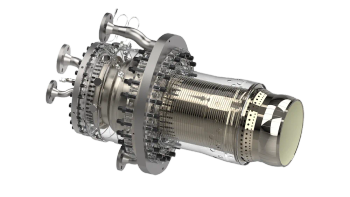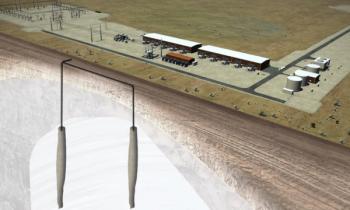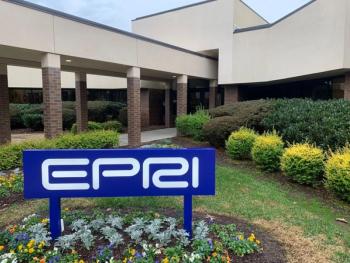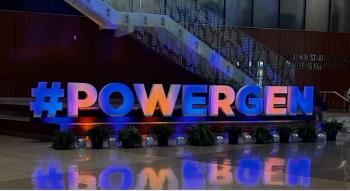
GE Aerospace to Expand Engine Training, Build Manufacturing Lab in Poland
Key Takeaways
- GE Aerospace and WAT will enhance training on the F110-GE-129 engine and establish an additive manufacturing lab to support local capabilities.
- The F110-GE-129 engine, powering the F-15EX, boasts high thrust and efficiency, with over 11 million flight hours and significant part upgrades.
The Military University of Technology in Warsaw, Poland, will use GE Aerospace’s course material and training to support F110-GE-129E engine maintenance.
Per a memorandum of understanding (MoU) between
"We aim to build on our existing experience in collaborating with the national defense industry, supporting the development of local capabilities in the production of selected components, maintenance, and overhaul of this advanced engine that powers Boeing’s F-15EX fighter jet," said Przemysław Wachulak, WAT Rector-Commandant.
The proposed engine training school will support personnel in maintaining F110 engines via course material and curriculums developed by GE Aerospace and WAT. For the additive manufacturing laboratory, the partners will initially prioritize the equipment and training needed to support the university. Currently, GE Aerospace and WAT are partnered on the AH-64E Apache offset program, with plans to extend this collaboration under the MoU.
“As Poland determines its next-generation fighter jets and their engines, GE Aerospace wants to be ready to help train the technicians and military personnel on our advanced F110 engines that power Boeing’s F-15EX fighter jet,” said Scott Keating, Regional VP/GM Sales, Business Development Europe, GE Aerospace. “This MoU agreement with the WAT will ensure our training readiness as well as enable WAT to benefit from GE Aerospace’s deep domain experience with additive manufacturing as they work to grow these capabilities in Poland.”
With a highest thrust of 29,500 lbs., the F110-GE-129 engine is the only fully integrated unit for the F-15EX Eagle II. The engine is in production and presently equipped on the U.S. Air Force’s F-15EX, F16, and Turkey’s Kaan fighter, obtaining over 11 million flight hours since its inception. Over the last few decades, more than 90% of its parts were upgraded to improve performance, readiness, and lifecycle costs. Approximately 90% of engine maintenance can be executed on wing or on-site facility, minimizing aircraft downtime and durability.
In terms of additive manufacturing, GE Aerospace acquired Morris Technologies and established Colibrium Additive to incorporate additively manufactured parts in its commercial and military engines. This method allows the company to produce complex parts with greater efficiency, lower weight, and improved fuel consumption. Colibrium Additive provides 3D printers, powders, and services for industrial-scale metal additive manufacturing.
GE Aerospace’s Turbofan Engines
In June 2025, GE Aerospace and Kratos Defense & Security Solutions, Inc. signed an agreement to
Kratos and GE Aerospace commenced work on another new engine: the GEK1500. The engines under development support unmanned aerial systems, collaborative combat aircraft, and similar applications for defense applications for the Department of Defense.
Newsletter
Power your knowledge with the latest in turbine technology, engineering advances, and energy solutions—subscribe to Turbomachinery International today.




